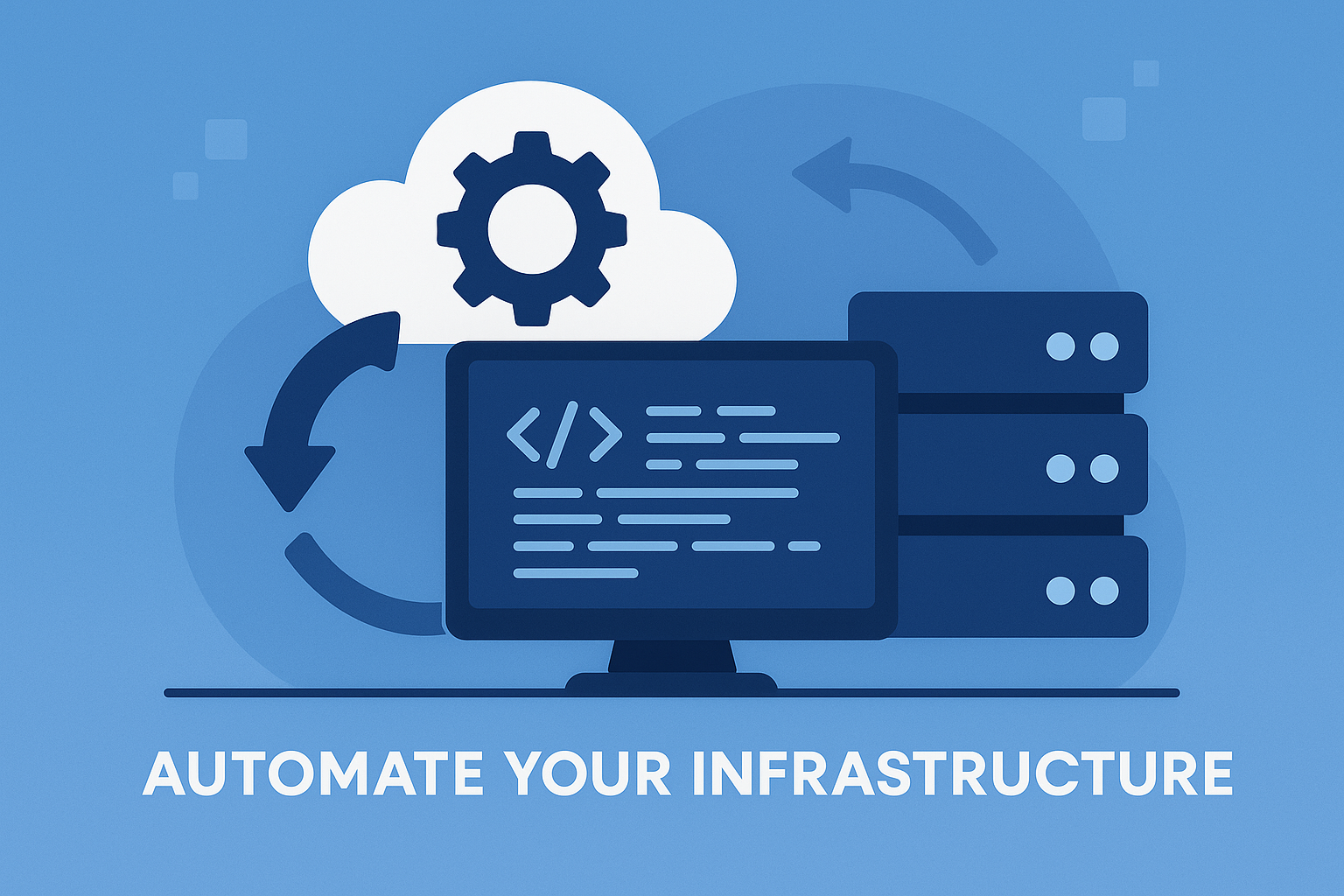What are Audit Logs?
Audit Logs are records that provide a detailed and chronological account of events or activities that have occurred within an application, system, or network. These logs capture actions taken by users, applications, and systems, including login attempts, data access, configuration changes, and other critical activities. Audit logs are essential for tracking and monitoring security-related events, ensuring compliance with regulations, and enabling forensic analysis in the event of a security breach or incident.
How Do Audit Logs Work?
Audit logs work by automatically recording specific events or actions taken within a system or application. These logs typically include the following information:
- User or Entity: The identity of the user, application, or service that performed the action.
- Timestamp: The date and time when the action occurred, providing a timeline of events.
- Action or Event: The specific activity or action taken, such as logging in, changing settings, or accessing sensitive data.
- IP Address or Source: The location or source from which the action was performed (e.g., the IP address or device used).
- Result or Outcome: The outcome of the action, such as success, failure, or error.
Why Use Audit Logs?
Audit logs are vital for maintaining security, ensuring compliance with industry regulations, and providing visibility into system and user activity. They help organizations detect potential security threats, monitor for unauthorized access, and maintain an audit trail for accountability. Audit logs are also valuable for troubleshooting issues, performing forensic analysis after security incidents, and ensuring that data access and usage adhere to company policies and legal requirements.
Key Features of Audit Logs
- Comprehensive Tracking: Audit logs provide a detailed record of system, user, and application activities, capturing all relevant actions and their outcomes.
- Security and Compliance: By tracking sensitive actions, audit logs help organizations comply with regulatory standards such as GDPR, HIPAA, and PCI-DSS.
- Real-Time Monitoring: Many audit logging systems allow for real-time monitoring, enabling organizations to detect suspicious or unauthorized activities as they occur.
- Searchability and Filtering: Audit logs can be searched and filtered to quickly locate specific events or actions, aiding in incident response and investigations.
- Retention Policies: Organizations can set retention policies for audit logs, ensuring that logs are kept for a specific period to comply with legal or regulatory requirements.
Benefits of Audit Logs
- Improved Security: Audit logs help organizations detect and respond to suspicious activities, preventing data breaches and unauthorized access to sensitive information.
- Compliance Assurance: Audit logs support compliance with industry standards and regulations by providing an immutable record of user actions and system changes.
- Forensic Analysis: In the event of a security breach or incident, audit logs provide valuable insights into what happened, helping investigators identify the source of the attack and mitigate damage.
- Accountability: By recording user and system actions, audit logs ensure accountability and transparency within the organization, discouraging malicious behavior.
- Operational Insight: Audit logs can provide insights into user behavior and system performance, helping to optimize operations and improve security measures.
Use Cases for Audit Logs
- Security Monitoring: Audit logs are used to monitor for unauthorized access, failed login attempts, or other suspicious activities that could indicate a security threat.
- Regulatory Compliance: Many industries require organizations to maintain audit logs to comply with regulations such as GDPR, HIPAA, and SOX, ensuring that data access and usage is properly documented.
- Incident Investigation: After a security breach or system failure, audit logs help security teams investigate the cause of the issue and identify the scope of the damage.
- Application Monitoring: Audit logs help track user actions within applications, allowing for better performance monitoring and troubleshooting.
- Data Access Auditing: Organizations use audit logs to track access to sensitive data, ensuring that only authorized users can view or modify important information.
Summary
Audit Logs are essential for tracking and recording events and activities within systems and applications. They play a crucial role in enhancing security, ensuring compliance, and providing visibility into user and system behavior. Audit logs help organizations monitor for suspicious activities, investigate security incidents, and maintain accountability and transparency, all while supporting compliance with regulatory requirements.



